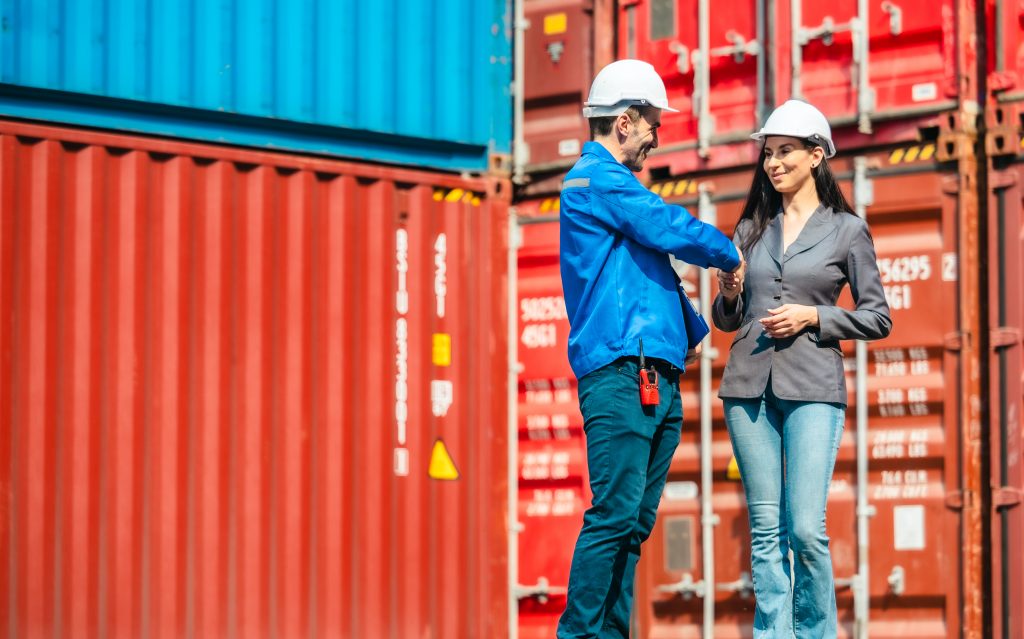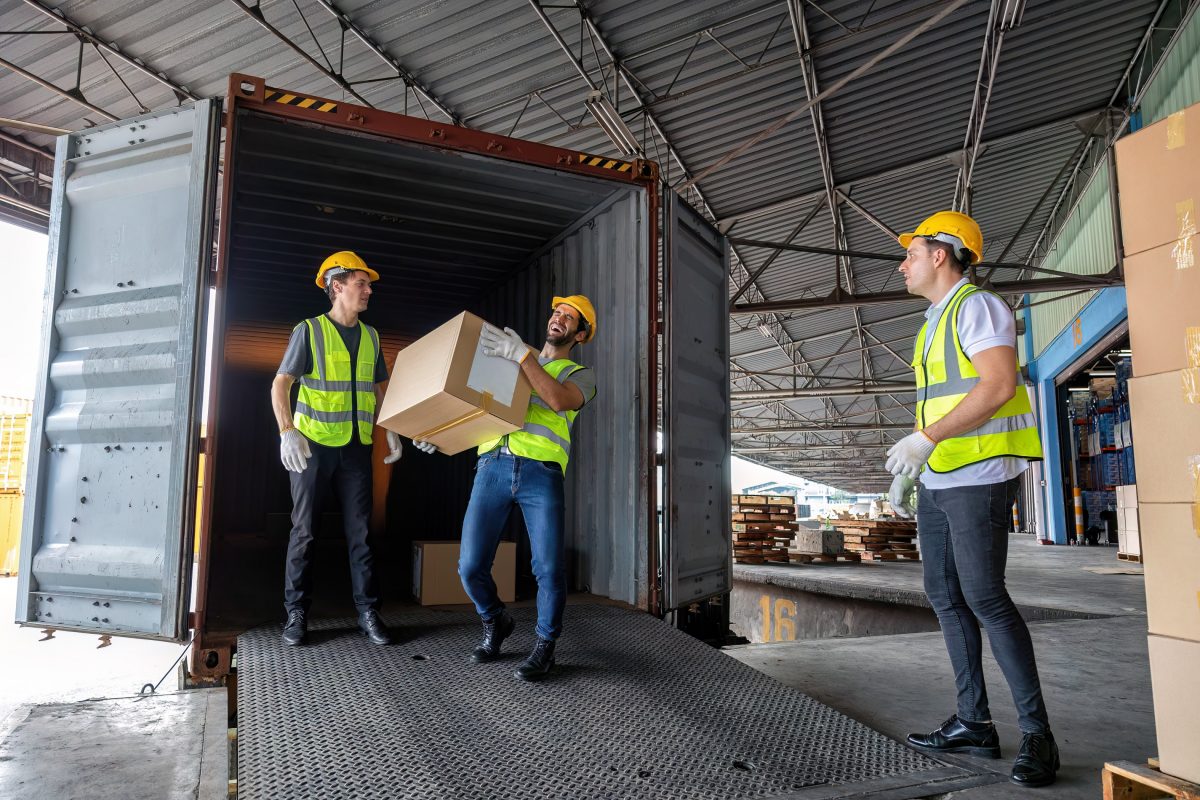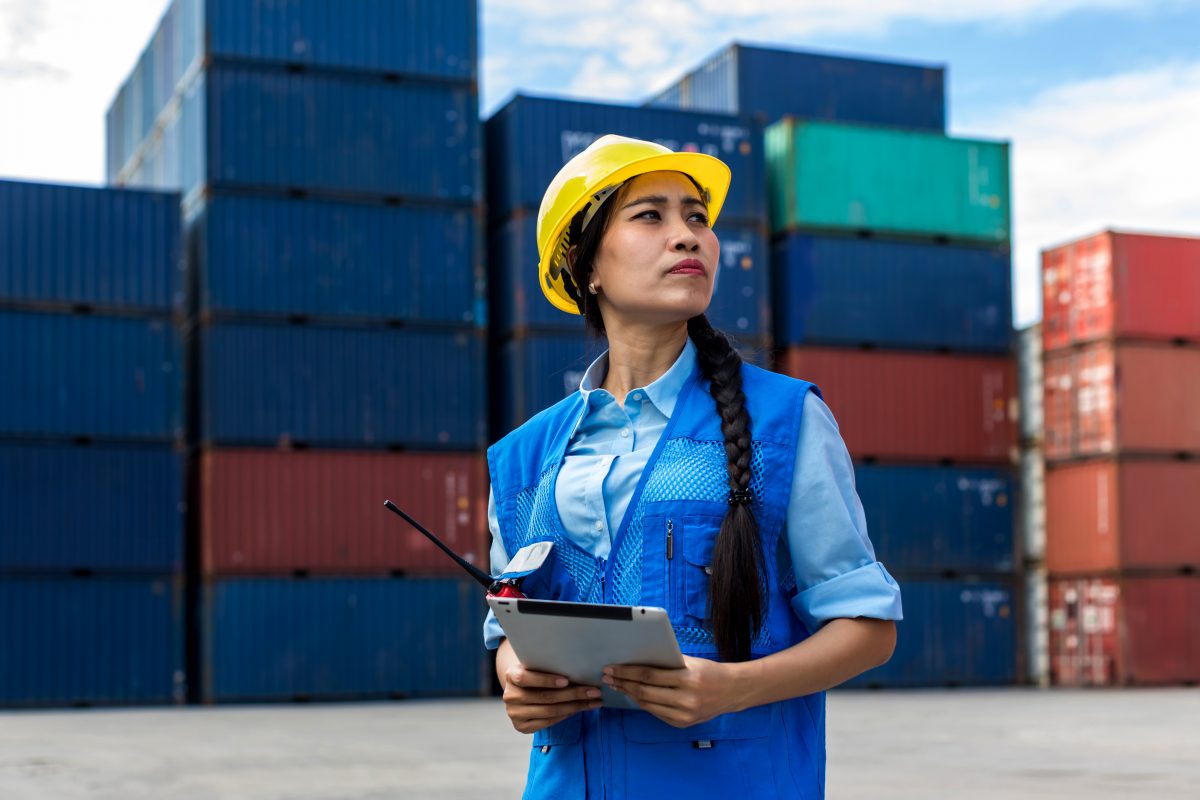How Green Logistics Will Impact the Freight Forwarding Industry?
As the world turns interconnected, the freight forwarding sector has a pivotal role in driving global trade. It forms a critical part of the worldwide supply chain by coordinating and transporting goods across international borders. In this process, freight forwarders act as mediators, managing key logistics jobs like shipping, customs clearance, and documentation. They guarantee that goods reach their destinations efficiently and on time.
More so, the international freight forwarding industry is undergoing a profound transformation, mainly driven by the growing emphasis on green logistics. As environmental concerns take center stage globally, logistics companies face increasing pressure to decrease their carbon footprints and adopt sustainable practices.
Green logistics includes a variety of eco-friendly technologies and methods aimed at minimizing environmental impact. In fact, its market size is also anticipated to rise to $1395.09 billion in 2025, with a compound annual growth rate of 8.1%.As a result, integrating this has persisted to be a critical consideration for freight forwarding enterprises seeking to merge eco-friendly techniques into their supply chain operations.
The Essence of Green Logistics in Freight Forwarding
Nowadays, green logistics is altering the freight forwarding industry as companies perform to lessen their environmental impact while sustaining operational efficiency. It not only helps save the environment but also provides substantial benefits to freight forwarding corporations. This shift is crucial for staying competitive, ensuring regulatory compliance, and meeting the increasing demand for sustainable operations. Moreover, green logistics in freight forwarding persist to be a fundamental driver of long-term business success in the industry.
- Diminishing Environmental Impact
Green logistics help mitigate the environmental footprint of the freight forwarding industry. By utilizing energy-efficient vehicles, optimizing routes, diminishing carbon emissions, and cutting waste, logistics companies can make a significant contribution to deter climate change and promote environmental sustainability.
- Meeting Regulatory Requirements
As administrations around the world implement stricter environmental regulations, green logistics assures companies comply with laws designated to foster sustainability. Freight forwarders and carriers must meet carbon emission standards and other sustainability requirements, whether for international shipping or local markets. Compliance is vital not only to dodge penalties but also to remain competitive.
- Cost-Efficiency
Green logistics can lead to considerable cost savings by reducing packaging and transportation expenses. By optimizing packaging, companies can minimize material usage and decrease shipping weight, which lowers overall expenses.
More so, improvements in transportation efficiency, such as optimized routing and the use of fuel-efficient vehicles, further lessen transport costs. While the upfront expenditure of adopting green technologies may be high, the long-term savings in packaging and transportation make it a cost-effective option for companies.
- Enhancing Brand Image
As consumers put increasing value on sustainability, companies that embrace green logistics gain a competitive edge. A commitment to green logistics can enhance a company’s reputation, attract environmentally conscious customers, and foster customer loyalty. This is particularly valuable for businesses engaged in both international forwarding and local markets, such as those in the Philippines.
- Leveraging Operational Efficiency
Green logistics not only enriches cost-efficiency but also boosts operational performance. Technologies like route optimization software, automated warehousing, and electric vehicles facilitate logistics operations and resource usage, resulting in faster delivery times, fewer delays, and better service quality. These innovations help businesses run seamlessly, boosting customer satisfaction.
Green Technologies Revolutionizing Freight Forwarding
Advancements in green technologies are transforming the freight forwarding industry by helping companies reduce emissions, streamline operations, and fulfil the growing demand for eco-friendly solutions. Below are some fundamental green technologies making a notable impact:
- Electric and Hybrid Vehicles. They offer cleaner alternatives to traditional diesel-powered trucks, which are prominent contributors to greenhouse gas emissions. Electric trucks hold tremendous potential for urban logistics, while hybrid vehicles blend internal combustion engines with electric power, providing a more eco-friendly option for logistics companies.
- Alternative Fuels. Fuels such as biofuels, hydrogen, and liquified natural gas (LNG) are another important area of development in green logistics. These fuels release fewer pollutants than fossil fuels, lowering the carbon footprint of freight forwarding operations.
- Digital Technologies and Automation. Both are crucial in reducing waste and stimulating the efficiency of logistics operations. Artificial intelligence (AI), machine learning, and data analytics allow better route optimization, inventory management and demand forecasting. These technologies help trim fuel consumption, ease carbon emissions, and lower costs by streamlining the supply chain process.
For instance, route optimization software lets companies select the most fuel-efficient routes, minimizing fuel use. In regions like the Philippines, where traffic congestion can affect delivery times, automated solutions present a practical opportunity to promote green logistics.
How Environmental Regulations Shape Freight Forwarding?
Meanwhile, environmental regulations have a noteworthy role in transforming the freight forwarding sector. Governments worldwide are tightening emission standards and setting ambitious sustainability targets, driving companies toward more eco-friendly practices. These regulations impact all aspects of logistics, from transportation modes and fuel types to overall supply chain management.
- Stricter Emission Standards. Regulations now focus on reducing carbon emissions from freight vehicles, ships, and planes, pushing companies to adopt cleaner technologies and fuels.
- Regional Variations. Different countries and regions have distinct environmental regulations, requiring freight companies to navigate a complex landscape of laws and compliance standards.
- Adoption of Cleaner Technologies. States are also incentivizing theusage of alternative fuels, electric vehicles, and energy-efficient technologies in logistics operations, encouraging greener practices in the sector.

Conclusion
Green logistics is reshaping the freight forwarding sector through sustainable practices, innovative green technologies, and evolving regulations. As businesses and freight forwarders strive to reduce their environmental impact, green logistics improves efficiency, lowers costs, and ensures compliance. Hence, embracing this shift is paramount for long-term success in a rapidly progressing global market. Teaming up with logistics freight Philippines providers like Excelsior enables companies to access sustainable freight solutions that reduce carbon footprints while streamlining operations. With their expertise in green logistics, Excelsior helps companies maintain efficiency, save costs, and stay compliant with regulations, all while minimizing negative environmental impact.









